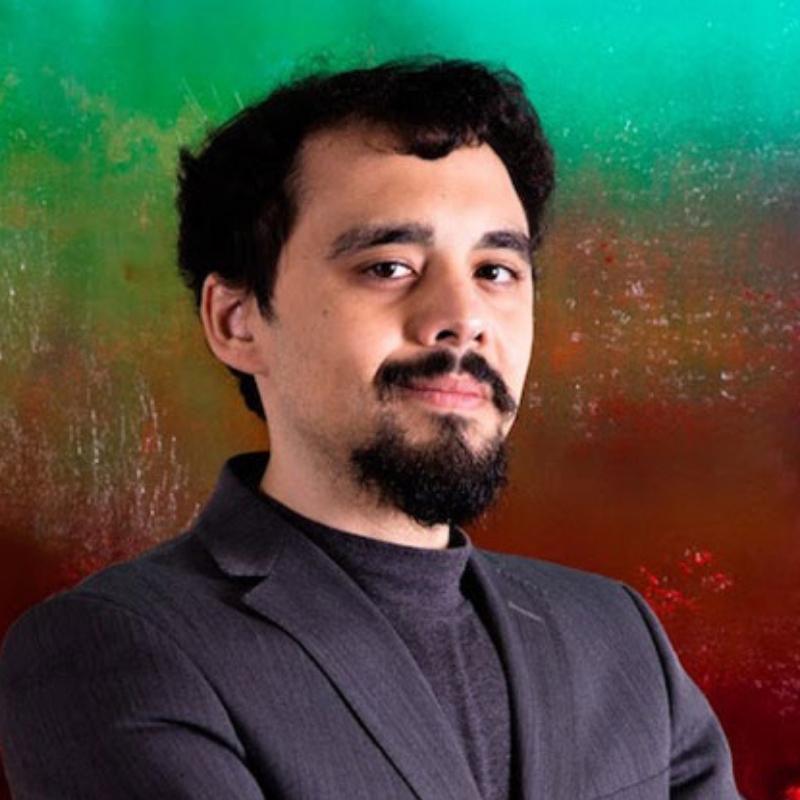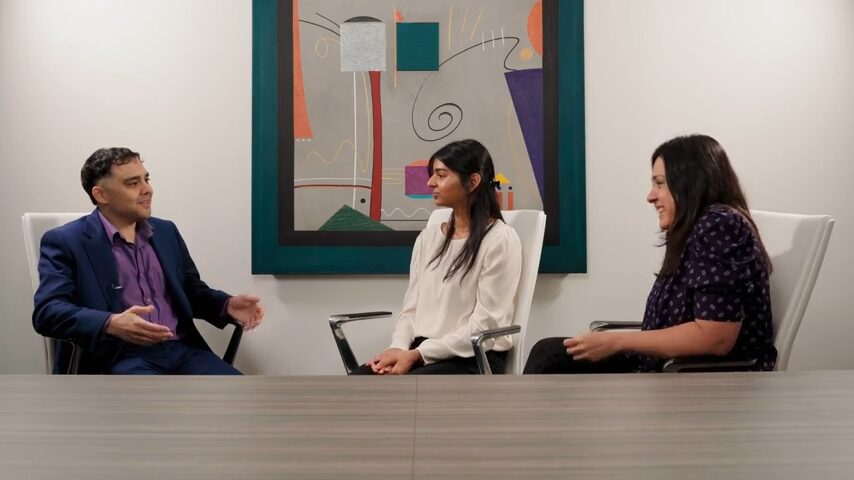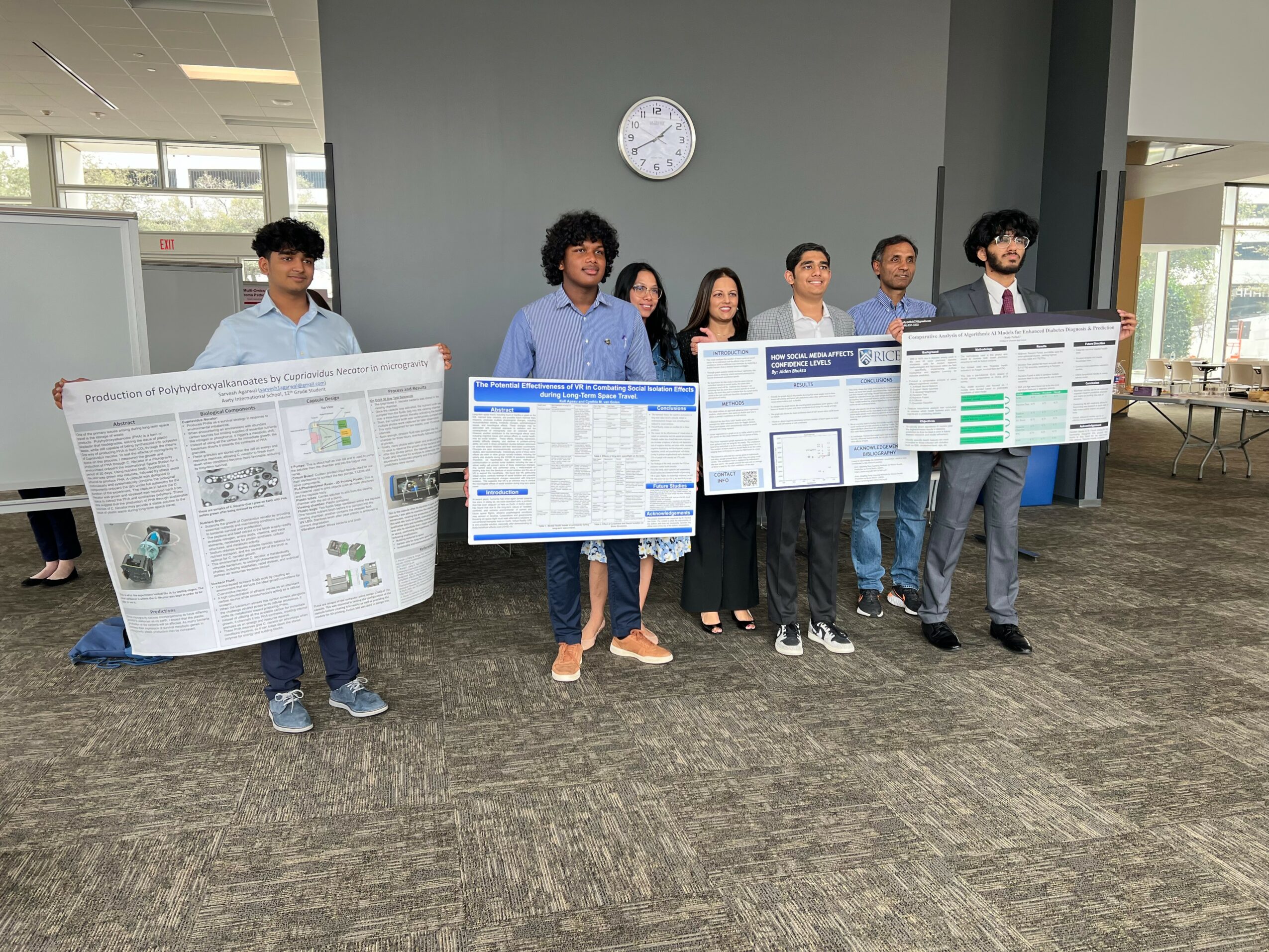

We recently had the chance to connect with Sasha Chada and have shared our conversation below.
Sasha, so good to connect and we’re excited to share your story and insights with our audience. There’s a ton to learn from your story, but let’s start with a warm up before we get into the heart of the interview. What do you think is misunderstood about your business?
I work in college consulting, a field which is much maligned in the popular perception because of incidents like the Varsity Blues scandal. This is a common misapprehension, but an entirely understandable one; people pay us a lot of money, and we see some remarkable results, so there is always some perception of malfeasance, that the only way to achieve what we do is by cheating.
There are some bad actors in this field, but this is true of every field. At its core, however, this business is about helping students. I don’t do the work for them, I just help them to do the work they are capable of, but need the extra push and guidance and support to really pull off.
When I help a student prepare for the SATs, it involves mastering content, understanding the format and function of the test, and helping them deal with the anxiety of high stakes testing. I can’t sit the test for them, but I can give them the tools they need to absolutely ace it when they do. The same is true for college applications. I don’t write essays for students; after all, I’ve already gone to college, admissions officers aren’t looking to admit me.
The point of what I do is to help students become the best versions of themselves, to find and explore their passions with support and guidance, and to create the kind of work that really helps them shine. I give them lots of help and support while doing this of course, but the work is theirs, and so are the successes.
Can you briefly introduce yourself and share what makes you or your brand unique?
My name is Sasha Chada, and I started Ivy Scholars, a college consulting company, back in 2015. It feels odd to say that and realize it’s been a full decade since then; time really does fly when you’re having fun.
I get a lot of questions about what college consulting is exactly; it’s not a common field, nor one romanticized on film like archaeology with Indiana Jones. In essence, I help students find their passions, then use those passions and their successes in them to help them become the kind of scholars and people that top colleges are eager to admit.
This can begin quite early; helping middle school students find and apply to the right high school, or quite late, helping students who got rejected in the early decision round revise their applications and apply anew. Regardless of when students come to us, the goal is always to ensure that they are able to show the best side of themselves to colleges.
We do a lot with students; we partner with local organizations to help them find internships; not busy-work, but a real chance to make a difference. Small perhaps, but real work with real meaning. Research mentors help students undertake serious research projects, doing original work and then getting it published, exploring the research process and learning more about fields they may want to major in. At every step, students do real and interesting work, and have the chance to explore their interests deeply.
Thanks for sharing that. Would love to go back in time and hear about how your past might have impacted who you are today. What’s a moment that really shaped how you see the world?
Ivy Scholars runs a pro bono program, helping bright students who are otherwise unable to afford our services due to financial situations beyond their control. One of the first students in this program was Ahmad, an Afghan refugee, back in 2020.
He was everything we love to see in a student; bright, dedicated, hard working, with strong ideals and a clear vision for the future. A lover of democracy, he had taken part in a number of State Department programs in Afghanistan, and done non-profit work to oppose corruption and increase electoral participation.
The challenges he faced were immense; his sitting of the SAT was canceled when Kabul fell to the Taliban, but he remained hopeful for college, and what an education could mean for his future. With hard work, and some remarkable essays, he was accepted into Columbia, though was unable to attend due to a visa issue.
I’d always been a strong believer in education, what it could mean for people and how it could help them, but this showed the true scale of it, what the bright promise of top colleges meant to students around the world, and how the offer of need-based scholarships from top colleges really mattered. I’ve worked with many pro bono students since, but he remains one who shaped my view of it, and who reaffirms the importance of the work I do.
Was there ever a time you almost gave up?
When I was just starting out in college counseling, a one-man shop, I ended up with a number of challenging clients, students dealing with inner demons and the incredible strain of college admissions. I had previously worked for a larger company, and the freedom and flexibility of working on my own was both exhilarating and terrifying. There was no safety net, no one else to turn to with problems or to lean on, there was just me; the buck stopped here.
There were many long nights that year, many stressful days and extended editing sessions with students, helping them understand what exactly they were doing and why it mattered. It was hard, exceptionally so, but every time I thought to give up, to throw in the towel, there was another small victory, the little moments that make education worth it. Seeing a student get it, seeing them realize their own potential, the delight when they read an essay they’ve crafted and see the poetry they are capable of. I was tempted to stop many times, but never did.
So a lot of these questions go deep, but if you are open to it, we’ve got a few more questions that we’d love to get your take on. How do you differentiate between fads and real foundational shifts?
College admissions is a field of fads; when I started, the big thing was starting your own nonprofit, then it was research, now internships are coming to the fore. There is almost an arms race between students and colleges, and navigating these shifting waters is something I’ve had to learn to do well.
Fads are things that come and go, changing interests or ideas; these shift every few years, as regular and fickle as the tides, as some idea catches hold and becomes the go-to “secret” of admissions success, until admissions officers grow so overwhelmed by the sight of it it becomes more harmful than helpful.
Foundational shifts, on the other hand, are things that impact college admissions as a whole, and in a way that reshapes it for years to come. The wave of test-optional policies begun by the Covid-19 pandemic was one such foundational shift, causing many colleges to permanently re-evaluate the place of standardized testing in their admissions process.
Before we go, we’d love to hear your thoughts on some longer-run, legacy type questions. What are you doing today that won’t pay off for 7–10 years?
I currently have a limited pro bono program offered through Ivy Scholars; this is our Laurel Scholars program, which works with a handful of students each year, bright and deserving and underfunded students who have the potential to go do great things, ones we help on that path.
The current work, ongoing and long term, is turning this program into a full affiliated non-profit. This is a lot of work, and somewhat legally complicated, but the goal is to use the income of Ivy Scholars to support the work of Laurel Scholars. I love working with students (and everyone I hire does too), and the pro bono students we work with are gems; happy, dedicated, eager; a joy to help get into colleges.
This will take time to build, but this is an investment I am willing to make, to improve both the health of Ivy Scholars, and to give something back to the communities we work in.
Contact Info:













